Short days, low temperatures and thick fur. As a result, horses start sweating easily during daily training and must be thoroughly 'dried' - otherwise, colds and coughing might be the outcome.
I. Autumn Time - Cold Time
Especially in autumn the risk of a cold increases for many horses. However, the cold and wet days do not contribute to this risk. Rather, the lack of regular exercise on the pasture and the fresh air. Even if the horses are on paddocks in the winter during the day, the pit time increases because of the early onset of darkness. Furthermore, most owners underestimate that the change of the coat also puts a strain on the immune system of the horse. Sweating during low temperatures additionally burdens the respiratory system and the immune system of horses.
II. Clipping and Covers
The clipping of horses provides new discussion grounds each year, which presumably will stay completely unresolved in the future. However, more important remain the question of how the care of horses changes. Due to the thicker winter coat, sub-zero temperatures, and daily training, horses easily sweat. Therefore, they should be thoroughly dried after properly exercising: The horse should be ridden until the coat is only slightly wet, later a sweat cover can be placed on the horse. In addition, a solarium is a blessing for most horses that promotes the drying of the coat.To speed up this procedure while reducing the risk of a cold, many horses are shorn in autumn. Because of the missing insulation layer, they must be clothed in covers with a different thickness depending on the temperature and weather. Clipping is particularly suitable for horses that work the same way in winter as in summer. Because of the shaved coat, they sweat significantly less and the time of drying is also notably shorter, which in turn reduces the risk of a cold.

III. Intensive Care during Winter
Even though most horses wear a blanket in the winter and thus seem much cleaner, they require a lot of extra care. Under the blankets, the skin can't breathe as good as without it and due to the limited possibility of rolling, the horse equally lacks a critical part of the self-grooming. Especially after riding it is important to brush off the dried sweat from the coat. Another factor that increases the risk of a cold is the lack of essential light for building an intact immune system. Therefore, horses should be moved as frequently as possible in the fresh air, despite dreadful weather. But not only the drizzly and frosty days cause the immune system and the respiratory organs to work harder: Also, the increased dust due to more frequent pit-time and frequent riding in the riding arena burden the respiratory system.
IV. Good Prophylaxis Protects the Horse
As described above, the risk of suffering from a cold can be minimized by a few changes during winter keeping. In the first place, this includes a lot of (free) movement in the fresh air and sufficient daylight. Even when it is bitterly cold outside, the windows in the barn should not be completely closed. The greater the temperature difference between outside and inside, the higher the risk of a cold. Of course, drafts are still to be avoided. Especially important remains the right aftercare for sweaty horses, which should be thoroughly dried before entering. Moreover, diets and reductions of the daily ration should be avoided in the period of change from summer to fall/winter, unless the veterinarian decrees otherwise. Sub-zero temperatures, the change from pasture to paddock and the modification of fur require a lot of energy - so the feed should be adjusted accordingly. The immune system of the horses is equally happy about a small extra dose of vitamin C - for example in the form of rosehips, which can be collected and dried. Citrus fruits are also eaten by many horses. To keep the burden of toxins as low as possible, it would be better to resort to organic fruit. Another preventive and highly recommended measure is the regular vaccination against the flu.
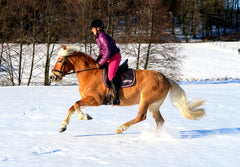

- The Difference between Influenza and a Cold
Both diseases are caused by various viruses, with influenza being a serious disease, which can quickly become dangerous for horses if untreated. It is one of the extremely contagious equine diseases and should be treated immediately by a veterinarian. In case of an influenza infection, the other horse owners in a stable must be informed, so that they can look out for corresponding symptoms of their own horse. The vaccine is the only certain protection against the horse flu, which nevertheless does not ensure a 100% protection.
Although the common cold is also caused by viruses, it primarily affects the upper respiratory tract and is characterized by outflow, increased temperature, a slight cough and a certain dullness of the horse. If the symptoms do not clear off with much rest, care and light medication, the veterinarian should be notified. To prevent a cold, the keeping of the horses should be reconsidered and adapted accordingly.
- Pay Attention to good Food Quality
Not only viruses but also bacteria and fungal spores can be the cause of infections and respiratory diseases, as the immune system is significantly weakened. Towards the end of the year, the quality of hay and straw will be proportionally worse: The energy content will decrease, and bad and incorrect storage will quickly cause bacteria and fungi to nest - the hay may become moldy. The last cut of the year also brings with it some risks: Many farmers are mowing the grass much closer to the ground as it is not as dense as it was at the beginning of the season. It has much more dirt, dust, and sand in it which is ultimately pressed with the rest. This 'dirty' hay enters the pits and is picked up by the horses. If they only get a little exercise and fresh air, the increased dust cannot be properly removed or coughed up. In severe cases, allergies or chronic diseases may develop (e.g., COB). The quality of the food is a critical part of the correct keeping and above all the health of the horse. The horse owner should not compromise on this.
Severer infections can be avoided with a few modest measures, for the horse remains active and healthy. Everything stands and falls with the proper keeping, and it does not matter whether the horse is shorn or not.

V. The Rider also has to Protect Himself/Herself
While we take care of our horses so carefully, often we as owners do not take enough care of ourselves. As with the horse, the right aftercare after riding is extremely important. The horses are covered with different blankets so that they can dry properly, while we merely put on a jacket over our sweaty riding shirt. This can also lead to a severe cold. Functional clothing is the keyword here. Especially in stables and farms, where the horse owner has to keep the box and outlet clean himself, working up a sweat is done quickly even during harsh temperatures. Soaked shirts dry a lot worse at these temperatures. Despite a thick winter jacket, the skin cools rapidly. In particular, shirts that absorb the moisture and transfer it to the outside and dry rapidly, are particularly suitable for the winter.






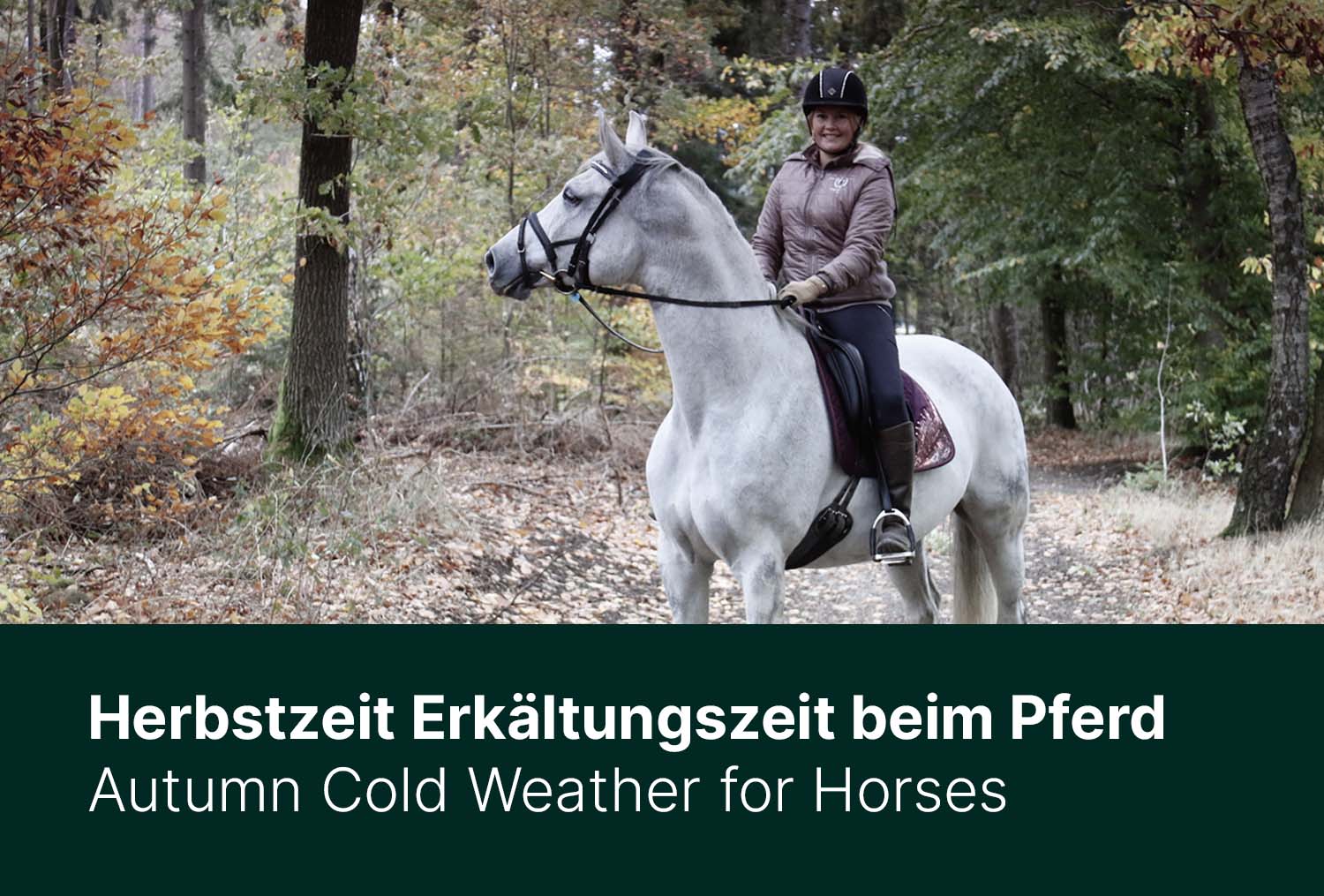


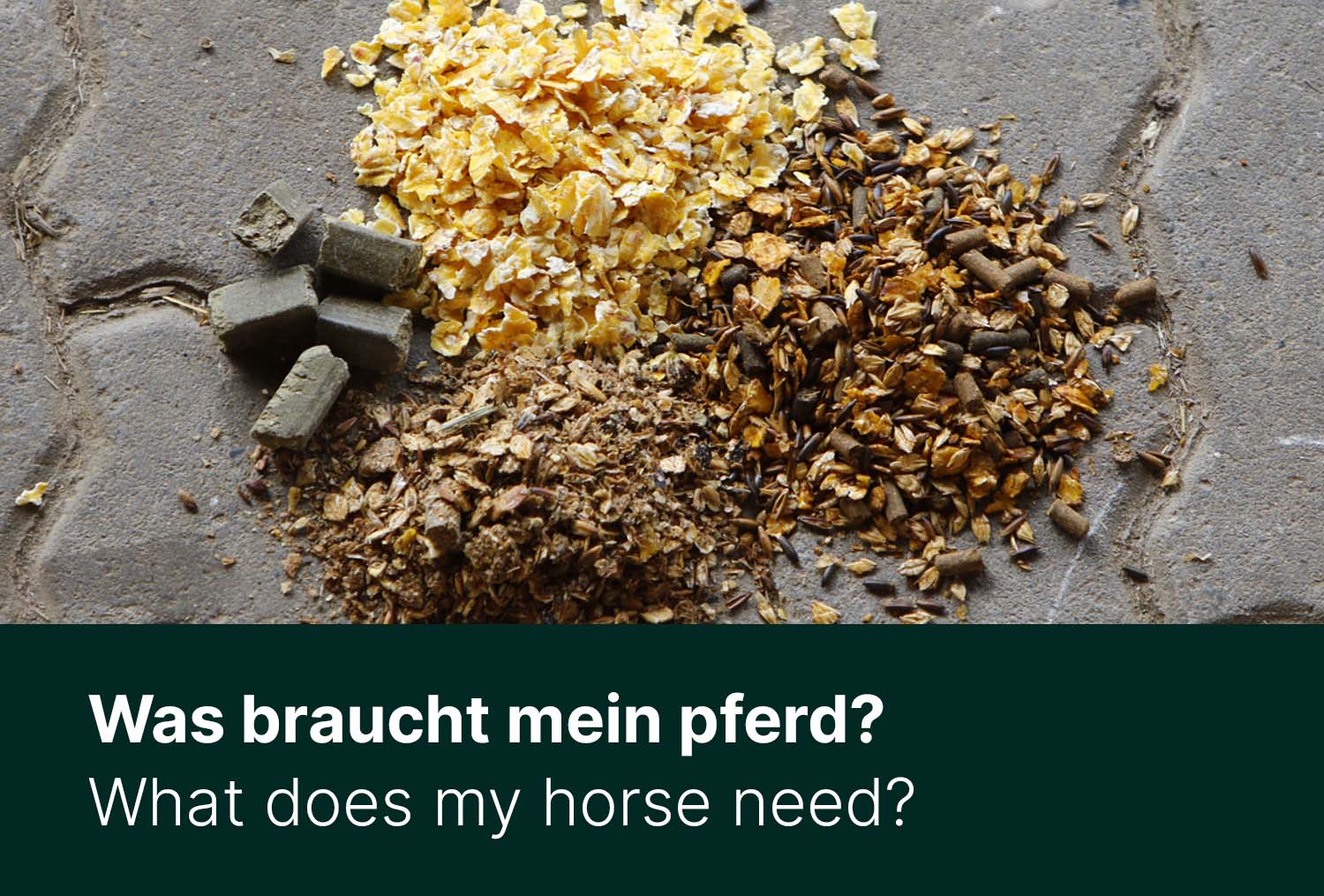
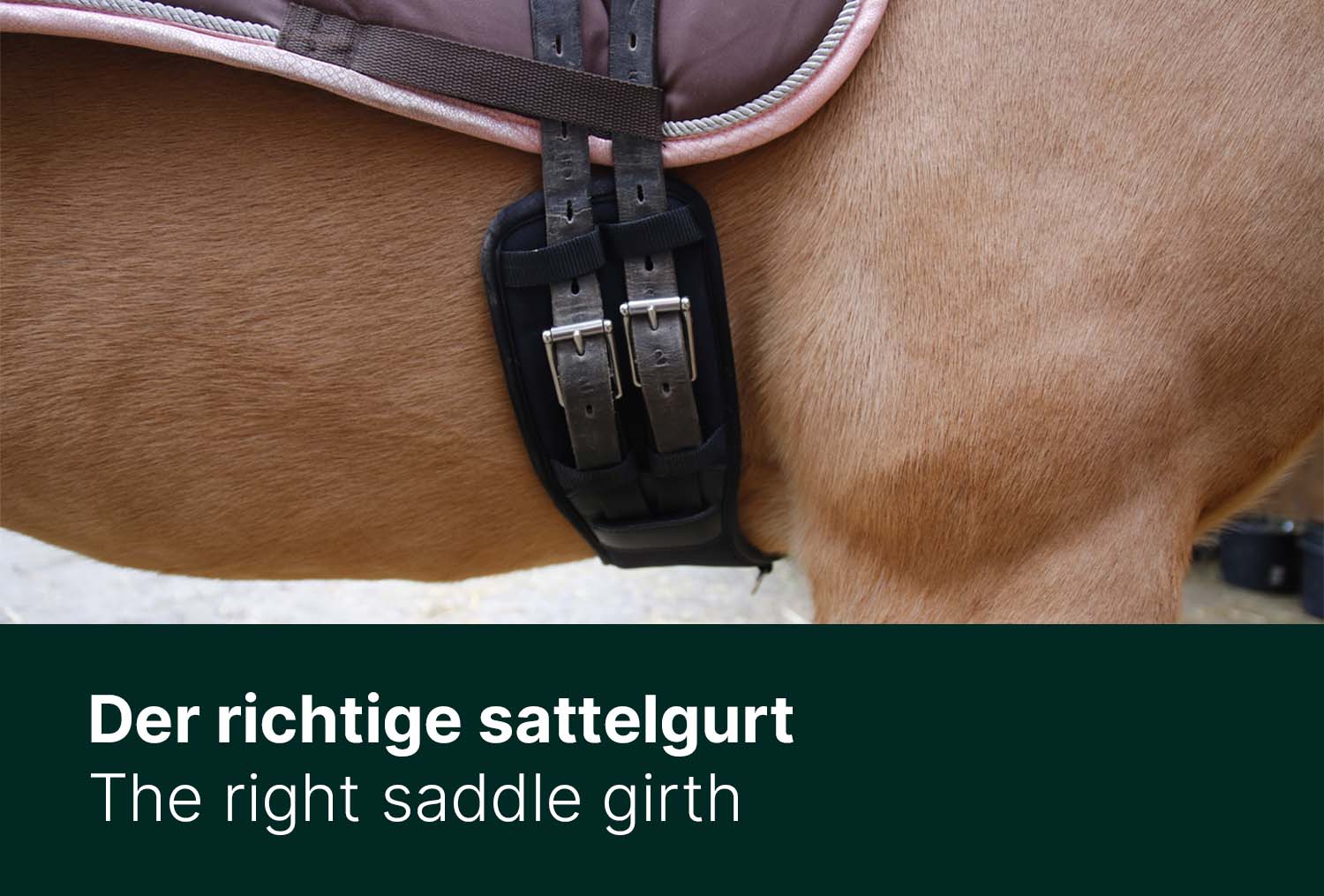
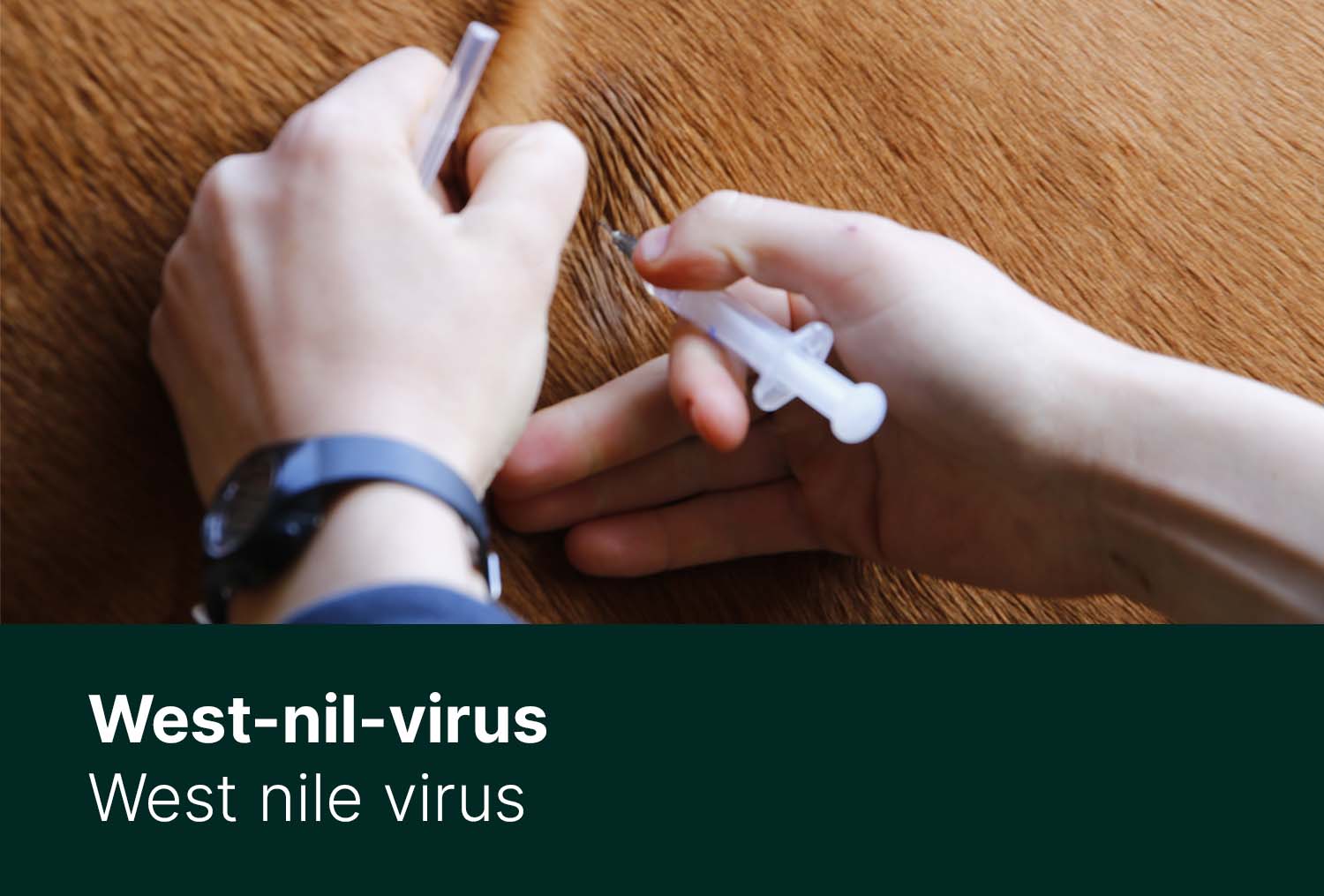
Alternative Methods of Treatment Part 2- Kinesio Taping, Acupuncture, Leeches and more
Horse Care during Winter